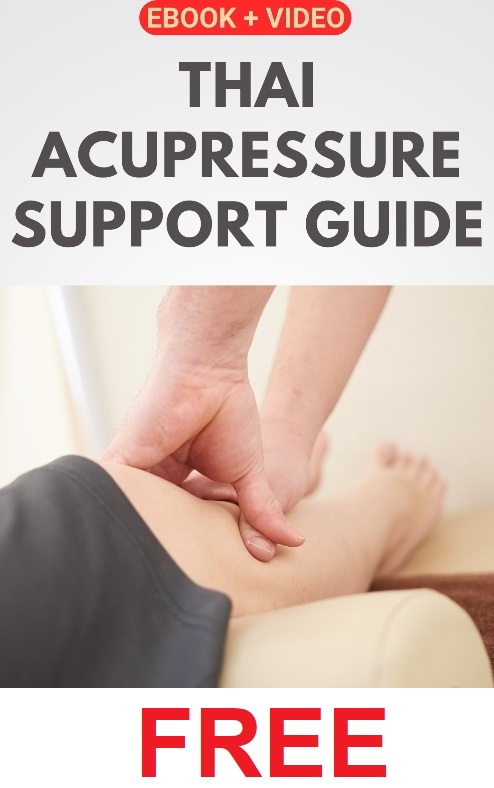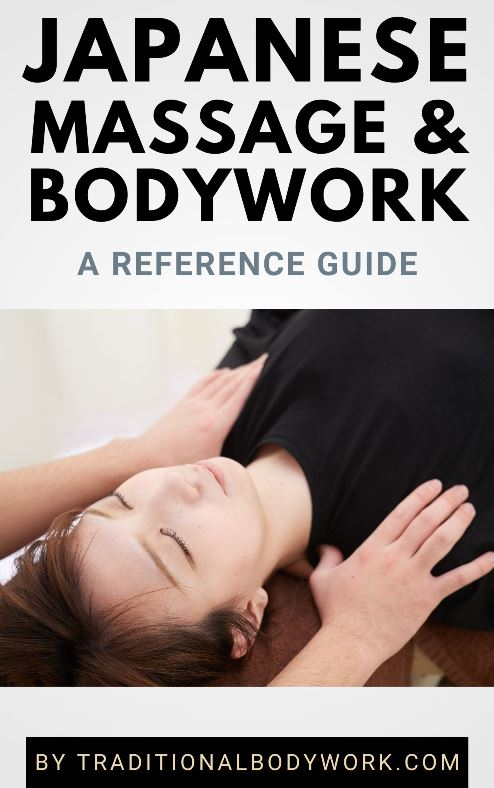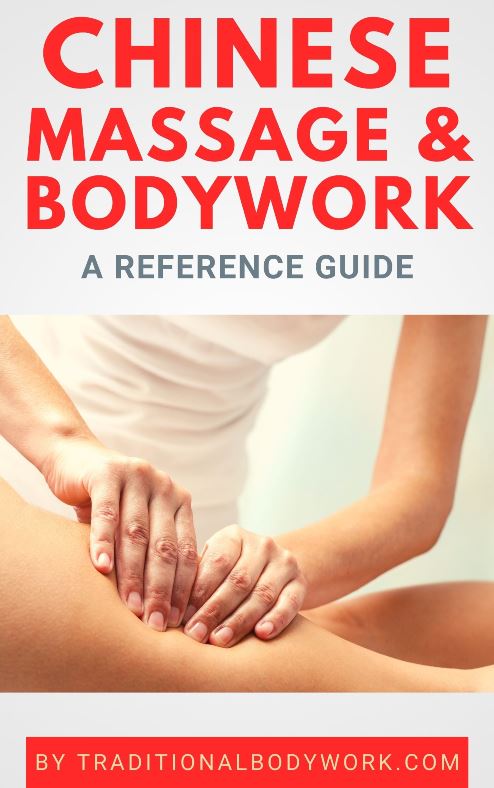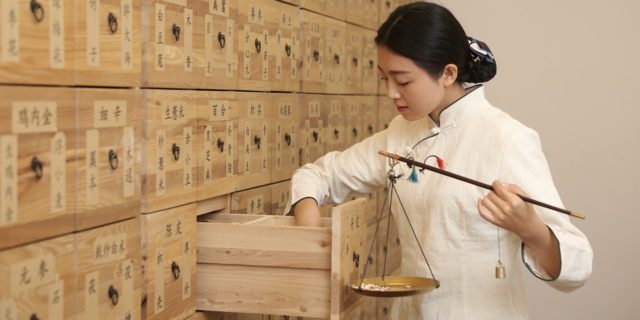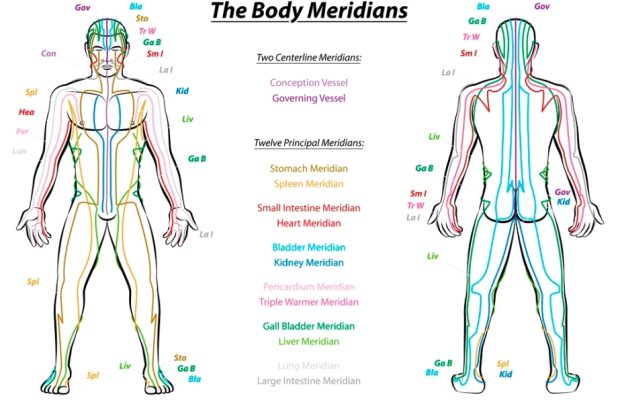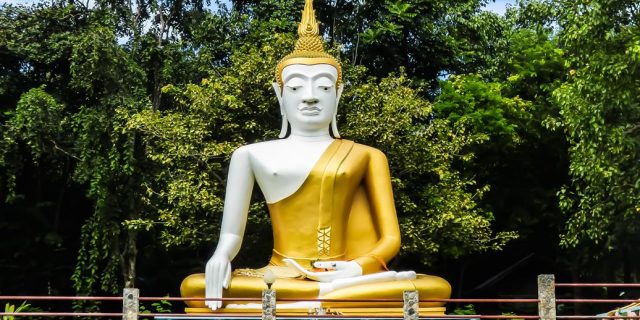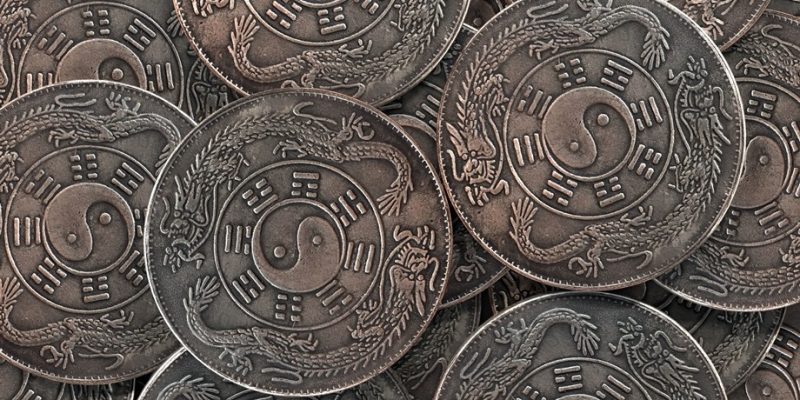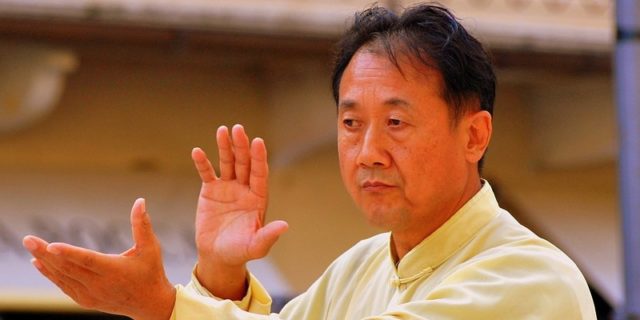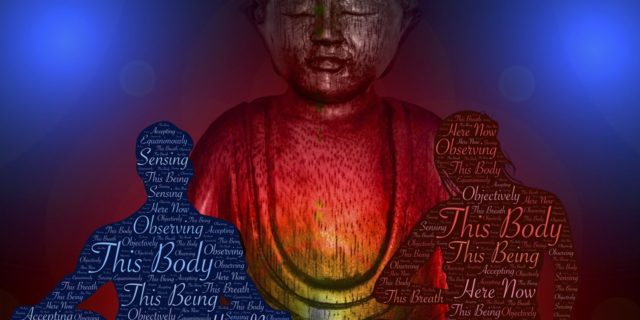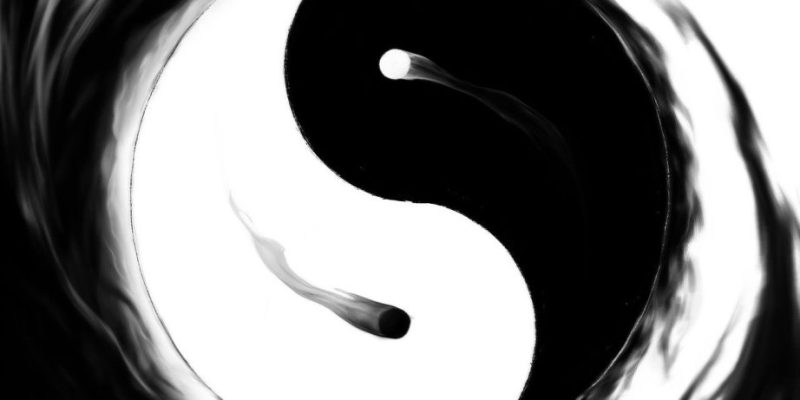
The so-called Three Treasures (Three Jewels or Three Substances) are part of Traditional Chinese Medicine (TCM) theory, but may refer to a variety of ideas, which are historically connected, but “translated” from one system to another acquiring different qualities, other meanings, or reflecting different aspects of the same thing.
Introduction
The ideas and practices associated with each of the individual treasures, and with the three treasures as a complete idea, are not only complex, but vary considerably depending on the contexts and historical era. In any case, in this post, we’re trying to give you an idea of the concept.

In Buddhism the Three Jewels refer to the Buddha, Dharma, and Sangha. The Buddha is the great teacher, the Dharma is the great teaching, and the Sangha is the Buddhist community. The Three Jewels of Buddhism are the external entities for achieving Self-Realization or Spiritual Enlightenment.
In Taoism however, the Three Treasures are inner qualities or attitudes to be cultivated and refer to the virtues of compassion, frugality, and humility. And in both Taoism and in Traditional Chinese Medicine they also point at the substances i.e. energies Jing, Qi, and Shen.
The Three Treasures Jing, Qi, and Shen are essential life-sustaining concepts used in TCM and in Taoism, and actively engaged in practices such as Neidan Inner Alchemy, Neigong, the Taoist Sexual Practices, Qigong, and Tai Chi Chuan.
Jing Energy
Jing stands for nutritive essence, essence, refined, perfected, extract, spirit, sperm, or seed. It is considered the material basis or essence for the physical body and governs the growth and development processes in the body. It is gradually burned up as the body gets older. We can lose Jing more quickly due to stress, overwork, illness, poor nutrition, and addictions.
Moreover, Jing is said to be received from one’s parents. It’s why some think it was an ancient way to describe what we now call genes, genetic material, or DNA. TCM teaches that Jing can be fortified or increased through a dietary regime, life-style, herbal treatments, and certain Taoist practices, among other methods.
Qi Energy
Qi stands for vitality, energy, force, air, vapor, breath, spirit, vigor and attitude. Qi is the Life Force or Vital Energy of the body. Qi circulates in Meridians through the body. When these Meridians are blocked, disease may occur, thus, keeping the Meridian Life Energy Channels open is of key importance.
Shen Energy
Shen refers to spirit, soul, mind, psyche, god, deity, and supernatural being. Shen represents the higher nature of human beings. It is developed on top of and through interaction of Jing and Qi energies. Shen expresses itself as love, wisdom, kindness, compassion, generosity, acceptance, tolerance, and forgiveness. It’s believed that well-cultivated Shen increases peace of mind and can result in Spiritual Enlightenment.


